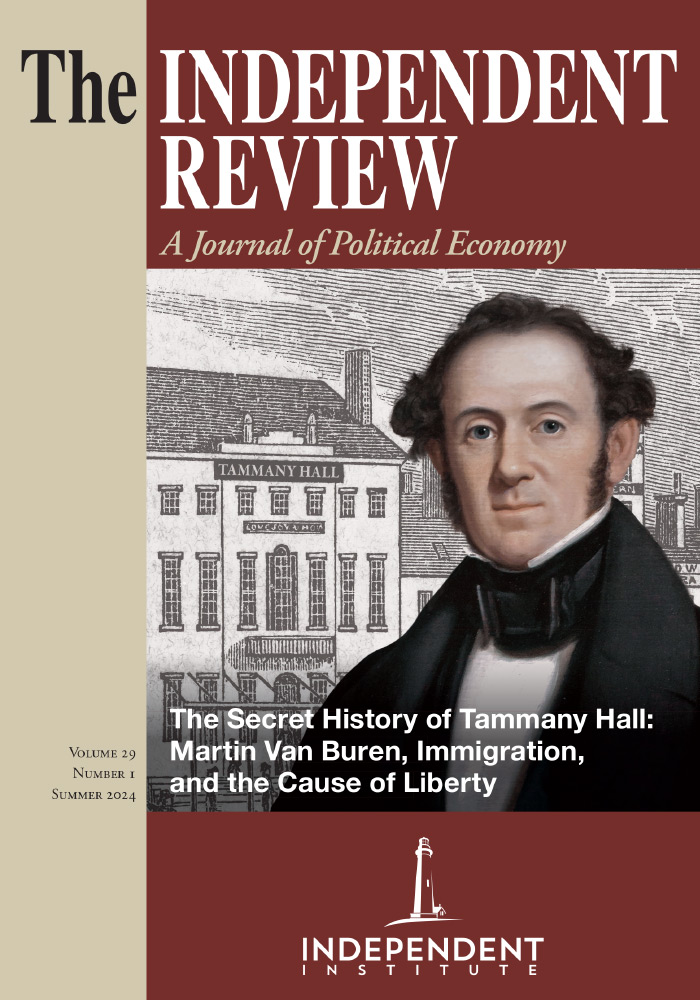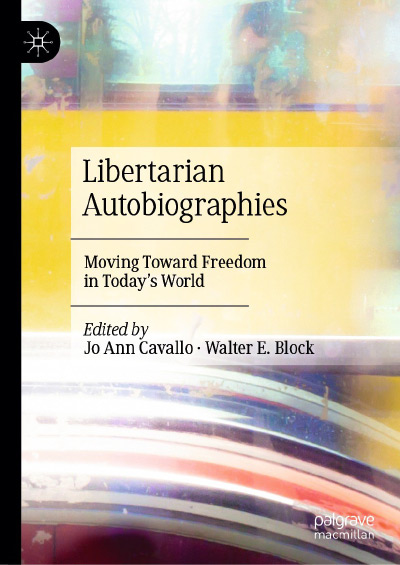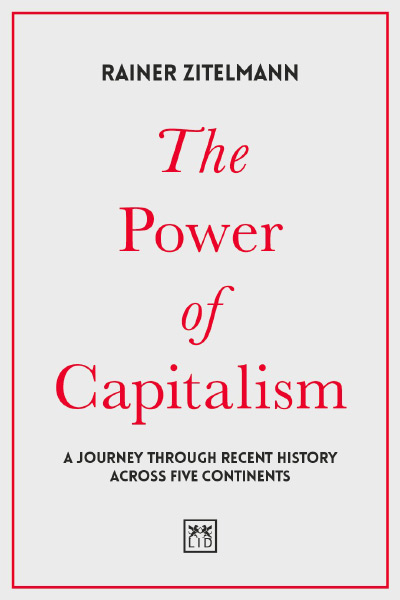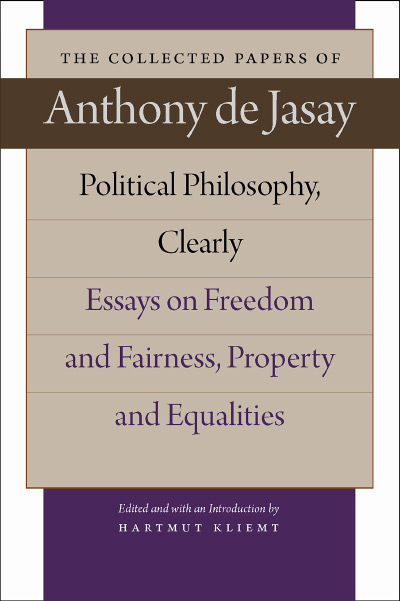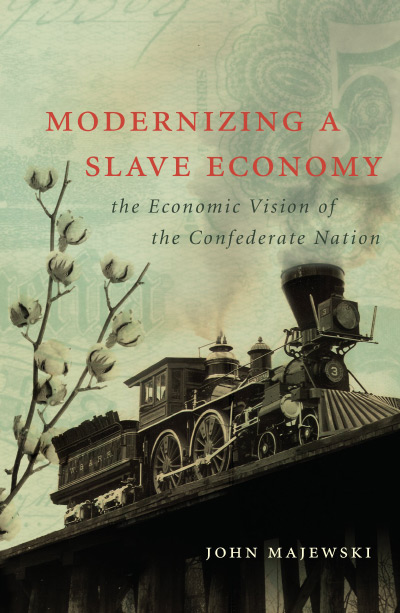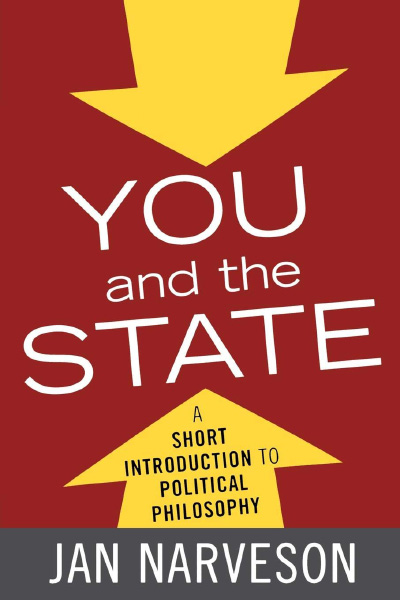I do not often write book reviews and when I first looked at Libertarian Autobiographies: Moving toward Freedom in Today's World, I had mixed emotions. Thinking about the personal histories of libertarians, I first thought, “Cool!” Then I asked, “Who would actually want to read a book like this? Haven’t there already been two other similar books published recently? Can another book about libertarians’ self-focused histories really add to the field?” The short answer is yes, many will benefit from such a book, particularly young scholars.
In the editors’ introduction, Jo Ann Cavallo and Walter Block address the question of why they created another book of autobiographies. They rightly point out that stories can connect with people more personally than other methods. Additionally, they found that “libertarians have the most interesting stories to share because they often embrace this philosophy as the result of intense encounters with foundational texts or life-changing experiences” (p. 2). As I read through these biographies, I was reminded of the stories that my professor, Richard Ebeling (pp. 97–106), would tell me about talking with F.A. Hayek, Ludwig Lachmann, Fritz Machlup, and others. By adding their mannerisms and idiosyncrasies, Ebeling made both the people and their ideas come alive. When I sit with students today, they will often ask me about my experiences of meeting Murray Rothbard and Israel Kirzner. These personal stories allow us to connect with the ideas of their authors at a deeper level.
In Libertarian Autobiographies, there is a brief introduction followed by eighty autobiographies. Each is about five or six pages long. The longest is just under a dozen pages. Much of it, unsurprisingly, is touting personal accomplishments. And the editors were right, libertarians do have some good stories to tell.
I believe no one will read this book sequentially, instead they will first pick out the people they know. Then the readers will progress to those they find overlap their interests. Finally, they will just pick out those they find interesting. (At least that’s what I did.) The beauty of this sort of book is that you can read some, stop, and come back to it later without worrying about picking up a line of thought or argument.
As one would suspect, the authors are varied in every sense. They span the globe (the United States, Germany, Czech Republic, Spain, Brazil, Kenya, Japan, Russia, China, and more) and cover an age range of about fifty years. (The oldest are in their 80s and the youngest are in their 30s.) They have various backgrounds. Several worked in government, some during the Reagan Administration (Doug Bandow and Richard Vedder) and others later (Peter Klein). Marianna Davidovich worked for U.S. military intelligence. Another worked for the CIA. (No, I will not reveal who that was. You’ll have to read it for yourself.) Many are academics, but not all. Connor Boyack admitted hating “being forced to learn things I didn’t care about, and I cheated whenever convenient because the perceived purpose of the school was to get good grades—so I took shortcuts to attain that goal with the least amount of energy required” (p. 36). Some of the authors claimed that they were born libertarians. Others stated that it was a gradual process.
One element that seems to tie them all together is that they are all intellectually curious. One phrase that popped up frequently in some form was “I remember thinking. . . . ” For some of the authors, they knew something wasn’t just right. There was something out of place and they couldn’t quite put their finger on what it was until they were exposed to a libertarian idea. It is interesting to learn of the many different ways a person can be exposed to libertarian ideas. Almost always, it was something written. Their journey may have started with a debate or a discussion, but any change was not solidified until they wrestled with the written word.
Oftentimes, a friend (Yuri Maltsev), a teacher (Christopher Coyne), or a parent (Klein) handed them a book. One even discovered libertarian books by accident (Haijiu Zhu). For many, when they read that book or article, something inside of them just clicked. However, for others, it led to more questions, more discussions, and more reading. For this second group, adopting libertarian ideas was a gradual process. Some were introduced to libertarianism through Ayn Rand (Ebeling), but then others claimed that Rand did not influence them at all (Per Bylund). Boyack says he first learned about libertarian ideas through watching a movie. And Jo Ann Skousen discovered libertarianism through her first date with her eventual husband, Mark Skousen.
There are two stories, in particular, that I found interesting because each started with the Marxist Left. The first is the fairly well-known story of Michael Rectenwald (pp. 351–6). As a tenured professor of Liberal Studies and Global Liberal Studies at NYU and a Marxist for fifteen years, he states that it was in “the fall of 2016, I began to have deviationist thoughts” (p. 351). While he does not give a reason why, he created an anonymous Twitter account that poked at the prevailing Leftist Orthodoxy. It did not remain anonymous. Every attack and denigration aimed at him pushed him out of the bubble he was living in. A semester later, someone recommended Ludwig von Mises’ works, and the rest, as they say, is history. Rectenwald said that while he lost many of his older friends, “I have gained a whole new cadre of friends, people capable of understanding the difference between right libertarianism and fascism, for example. The libertarian community has been the most welcoming, making me wonder how and why I ever spent so much time as a Marxist” (p. 355).
The second story is much less tragic and even a bit funny. Antony Mueller (pp. 283–8) grew up in West Germany and attended the University of Erlangen-Nuremberg during the Vietnam War. “During a ‘Marxist Schooling Workshop,’ offered by the ‘Socialist University Association,’ the topic of the ‘Austrian School’ came up and I volunteered to prepare a report about ‘The Concepts of Value in the Austrian School of Economics.’ Without knowing I jumped right into the heart of the matter—the decisive difference between not only all variants of the Socialist movements but generally all kinds of statism, on the one hand, and the movement towards liberty that I began to associate with the Austrian School, on the other. I thus became an Austrian by participating in a Marxist workshop!” (p. 284).
Two recurring themes stood out to me throughout these autobiographies. Most had a mentor or a teacher who encouraged them to read libertarian books. Each of us has an enormous influence over others when we take an interest in them. Yes, teachers play a large part in shaping their students’ ideas, but not all students accept what their teachers offer. The key is human engagement. Over and over, the authors recalled how someone took a personal interest in them. This personal connection is what propelled them to the next step.
The second commonality is that books have a lot of power in shaping one’s outlook. Changing one’s mind does not come in the heat of a debate. Most often the rethinking of one’s point of view occurs in a place of quiet reflection. The written word is where ideas have the power to influence and change another’s mind. Yes, speeches, debates, and discussions were the beginning, but it was after the questions arose that the written word could make its impact. Gerard Casey said that he was puzzled by money. He discussed his questions and confusions with other faculty, but it wasn’t until he read a colleague’s copy of Mises’ Theory of Money and Credit (Indianapolis, Ind.: Liberty Fund, 1980) that he understood (pp. 47–8).
The biggest takeaway for me, as an academic, is that I can plant the seeds, but it is the direct and personal handing-out of written works that makes a lasting impact. Maybe this is a function of the age of the authors, but I noticed that no one said that they were influenced by a posted web address or a QR code. The influence came from the physical handing over of the written word. When the student was handed something physical, he read it because it showed that the mentor took a personal stake in him.
At the Mises Institute’s 2024 Austrian Economics Research Conference, there was a session on the fiftieth anniversary of the IHS South Royalton Conference. There was no talk of theory or economic principles. The talks were simple remembrances of what happened and how it happened. The 1974 conference stories inspired the 2024 audience on a personal level. Personal stories, such as those presented in Libertarian Autobiographies, help the current generation more deeply connect with the ideas of those upon whom we are building. With a personal connection, we tend to be more careful and generous to those we disagree with, which is an important part of being a good scholar. Yes, many will benefit from reading this book, especially young scholars.

